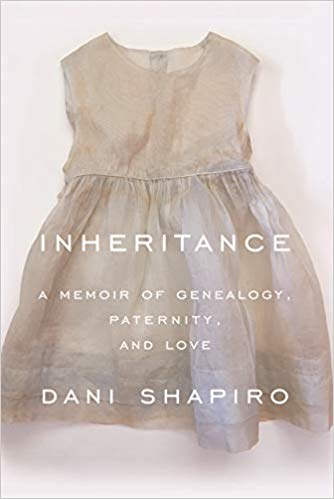
It gives me more joy than you can possibly imagine to announce that a book I edited, On Being 40(ish), will be released by Simon & Schuster on February 5th, 2019. This book was a delight from start to finish, and working with my incomparable agent Brettne Bloom and editor par excellence Christine Pride was a complete pleasure. Anyone who’s been reading this blog for a bit knows this is a lifelong dream for me. I hope there will be more books.
The fifteen artists whose work is included in the book are all people I respect and admire, and I can say without hesitation that these pieces will make you laugh, cry, and nod in identification. This book is about a particular decade of life, but it’s also about being an aware, sentient human being in general. I will be giving copies to many, many people I know come the winter and spring, and I hope you will too!
You can preorder On Being 40(ish) and I hope you will. Most of all, I hope you love it. Please let me know!
Also, a giveaway: I’ll send an advance copy to someone who comments here I’ll draw randomly tomorrow at 8am so please leave a comment for your chance to win our book!
I’m happy that our first two trade reviews were positive! They are here:
Publisher’s Weekly:
Journalist Mead presents charming, relatable, and wise essays from 15 female writers between the ages of 40 and 50 on insights gleaned from reaching their fifth decade. Though the women have different goals, priorities, and accomplishments, certain commonalities emerge, most notably gratitude, confidence, and an ironclad sense of self they could not have imagined for themselves as younger women. Meghan Daum describes coming to grips with her preference for a solitary life devoted to work, while Jill Kargman recalls beginning an acting career at age 39, demonstrating there is always potential for a surprising new act in life. (She also evinces a flair for metaphor, declaring, “We become balsamic reductions as we age—our very best parts distilled and clarified.”) Other essays look back with a hard-won, sometimes wistful sense of perspective, as in Catherine Newman’s poetic piece, which uses decades of fashion choices to narrate the story of losing her twin sister to ovarian cancer. Taken as a group, these personal narratives argue that aging is a process of shedding the inconsequential and acquiring a laser focus on the truly essential. Without a hint of preachiness, this is a practical guide to navigating life for anyone who has passed the milestone of 40.

